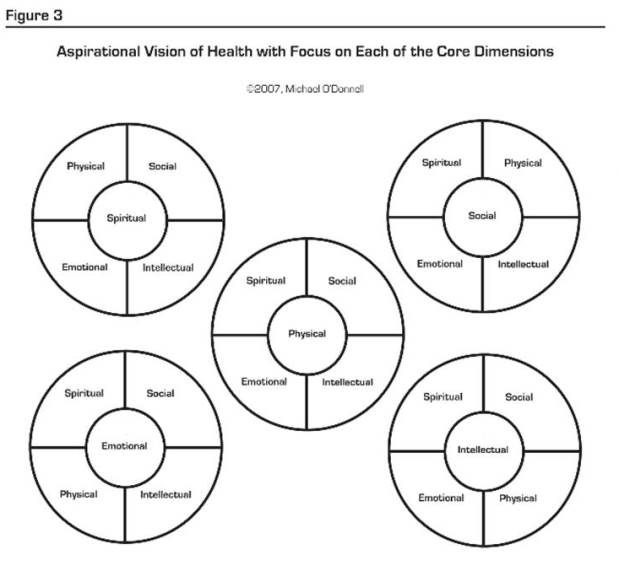
Mom and I made a huge spaghetti sauce when she visited last May.
I was blessed with a mother who is a total rock star in the kitchen. As I was growing up, she dutifully taught me all that she could. So I like to think that I know what I’m doing in a kitchen, and if my husband were given a chance to comment, he’d say that I’m being too modest.
But every now and again, my cooking attempt will flop miserably. What’s most interesting is that, even before I start cooking, I can usually tell when my meal will be a disaster. It has nothing to do with what’s in my fridge, how new the recipe is, or how much effort I put into it.
How my dish turns out is directly related to how inspired I feel as I prepare it. If I’m excited to cook, the meal is usually very tasty and cooked just right. But if I’m in no mood to play chef, feel rushed, and just want to get it over with, even my best go-to recipes will turn out like dog food.
Doing the same thing for different reasons means doing it differently. That goes for wellness too.
Most wellness programs aim at increasing physical health, and there’s nothing wrong with that. However, not everyone cares about physical health. Making it the sole focus of your program’s motivational messaging leaves out a large portion of the target audience.
In his newly published A Conceptual Framework to Guide the Development of Effective Health Promotion Programs,
Michael O’Donnell explains that participants are much more likely to engage with health messages when wellness leaders help them identify their true passions and help them understand how the various dimensions of health can be of service to these passions.
O’Donnell defines the 5 most cited dimensions of wellness: physical, emotional, intellectual, social and spiritual. He recommends that wellness leaders encourage each participant to identify which dimension best represents their current passions and interests, and to make it the core of their wellness efforts. The other dimensions are then used to serve and enhance that core dimension.

For example, people that are very engaged with their spiritual health could see that better sleep, food, mood, and exercise habits are ways to enhance their connections with God. Those more concerned with their emotional health would benefit from observing how their health and social habits influence their mood. Career-driven individuals will connect with the intellectual dimension. Nourishing emotional, social, spiritual and physical selves can be a means to sustain high-performing minds.
A lot of us wellness professionals are motivated by health for its own sake, but our participants may not be. If you’ve had a hard time reaching some of your participants lately, try figuring out what dimension is at the core of their thoughts, and see if that gets them going.

